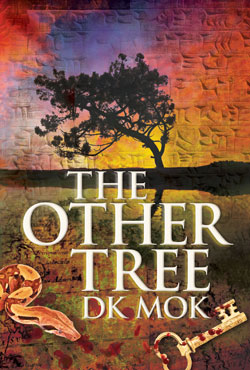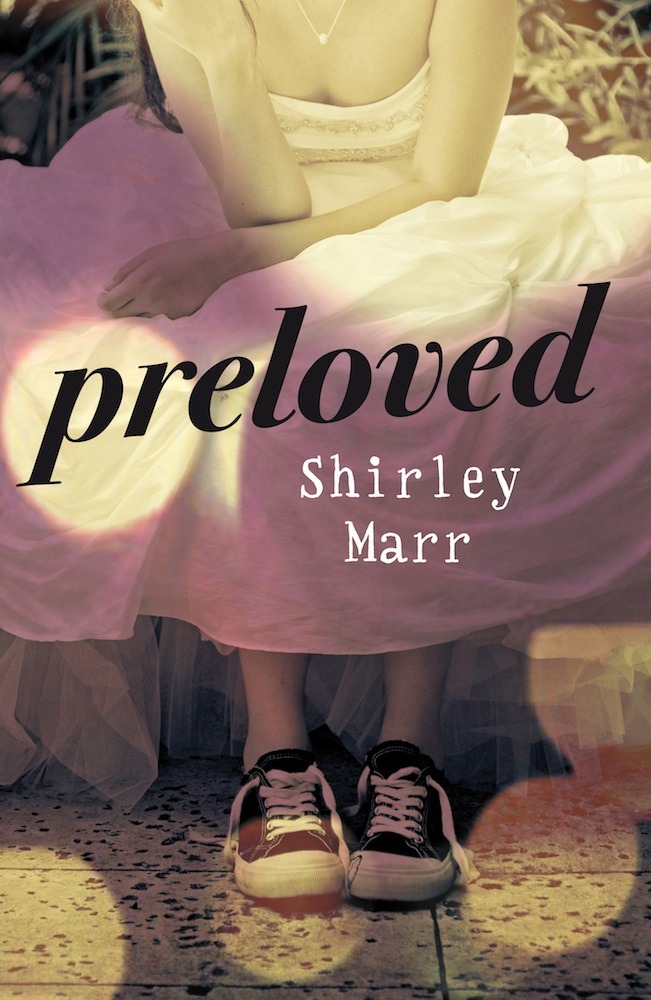I first met Tamasine Loves at a writing event I presented at in Melbourne several years back, so it's awesome to be be hosting a guest post from her today as part of the blog tour for her debut YA novel, Remhurst Manor. She's an Australian author who's now based in Northern Ireland. I hope you enjoy her post about the extinction of YA character tropes!
-
As infuriating as they are, if a character in a YA novel is a trope, a storytelling shorthand for a concept that the reader will recognise and understand instantly, their inclusion in a narrative serves a function. This is because stereotypes and tropes are narrative devices. They’re there because they have a job to do, and most of the time, across all media forms, for better or worse, tropes get the job done.
YA character tropes have been around as
long as YA, lending themselves particularly well to a genre where word count is
everything – young adult novels are shorter than their ‘adult’ genre fiction
counterparts. Plots have to move faster and have fewer words with which to
build a character. Now, it’s not impossible to effectively make a wonderful,
rounded character, and develop them, in a plot with 60,000 words or less. It’s
been done loads of times. It’s an impressive thing to be able to do. Not all
writers can or want to do it, though, and so phone-in-a-trope means a
half-built character from the get-go. The inclusion of a trope means reliance
on a reader's prior knowledge of that trope and the connotations that go along
with it.
Their use has widely gone uncontested,
seeming like a lot of YA fiction readers sort of resign to their inclusion in
the books because after all, when you love something, you are more likely to
overlook flaws that would otherwise be obvious. But lately, the number of YA
character tropes being cast in new releases in young adult fiction have
noticeably been on the decline. Sure, there’s still Chosen One’s a-plenty, and
heroine’s left, right, and centre are still ‘letting out breaths they didn’t
know they’d been holding’. But the numbers are dwindling.
It seems as though authors aren’t using
character tropes as often because the surety of their effectiveness as a
narrative device is becoming more and more shaky.
What has changed is that now we’ve got
things like Goodreads and Tumblr. With the advent of platforms like these, book
readers have become more vocal and have proven that you can be part of a fandom
but also think critically about themes within novels that don’t sit quite right
with your own views and values.
Readers of YA can be excited about the
absence of character tropes in their fiction because of what that means: space.
That space is a promise and opportunity for more diverse content in YA fiction,
richer casts of characters that are more representative of books’ target audiences
and their concerns.
The extinction of YA character tropes may
be slow, but it is also inevitable: because they were not made to survive in
the world of YA. The very nature of Young Adult Fiction and the trait that sets
it apart from genres of fiction (other than intended age range) is the freedom
to challenge current societal norms.
Yes, it’s true that tropes and
stereotypes have their place as a storytelling device. Using them doesn’t
immediately equate to offensive sterotyping, and there are instances where
they’re used masterfully. But, it is becoming increasingly evident that the
place for tropes and stereotypes is not in modern young adult novels.
YA books are transformative in every
sense of the word, and the genre moves fast, with roughly 10,000 books being
published every year. It’s incredibly influential, and its ideas are
increasingly becoming more representative of its readership. YA readers want
their fiction to reflect their state of affairs; a global community. This
globalisation of young peoples’ peer groups via online forums like Tumblr
(specific to YA fiction is Bookblr) instils hope.
This community of young
people, who are already thinking critically and holding socially-aware
understandings of their world, are focused on the traditional YA-novel theme of
‘understanding your place in society as a whole’, but are focused on making the
society they’re trying to understand a global one. Their interests are
reflective of their want to make the world in their immediate surroundings, and
the young adult novels immediately available to them, reflect the way they see
the online young adult community – a global, reciprocal, critical, varied and
ever-progressing and expanding, organism. That, I think it is safe to say, is
pretty hopeful for the future of the world at large.
-
About Remhurst Manor:There is a mystery that lies in the grounds of Remhurst Manor; a mystery concerning the unsolved 19th century murders of four teenagers.
Laine Brimble is slipping between two lives. Her life at home in present-day Australia, and the life of a nobleman’s daughter living in 19th century England’s Remhurst Manor.
Until now, Laine was able to keep her two lives separate and secret. But, Laine is about to find out that though centuries past and oceans over, Remhurst’s mysterious history is about to get a lot closer to her than she expected; a dark presence has arrived in her hometown, seeking to settle a centuries-old vendetta.
Between home and school and the 19th-century, not to mention a blossoming relationship with new-boy-in-town, Laine struggles to keep past and present on parallel paths … but it seems as if they are on a collision course where the inevitable outcome is death.
Will Laine unearth the mysteries lying in the grounds of Remhurst Manor? Can she be the one to finally put Remhurst’s past behind it? Will she do it before a deadly history repeats itself?
You can find Remhurst Manor on Amazon, or find out more at the book's site. You can also find Tamasine on Twitter.






















